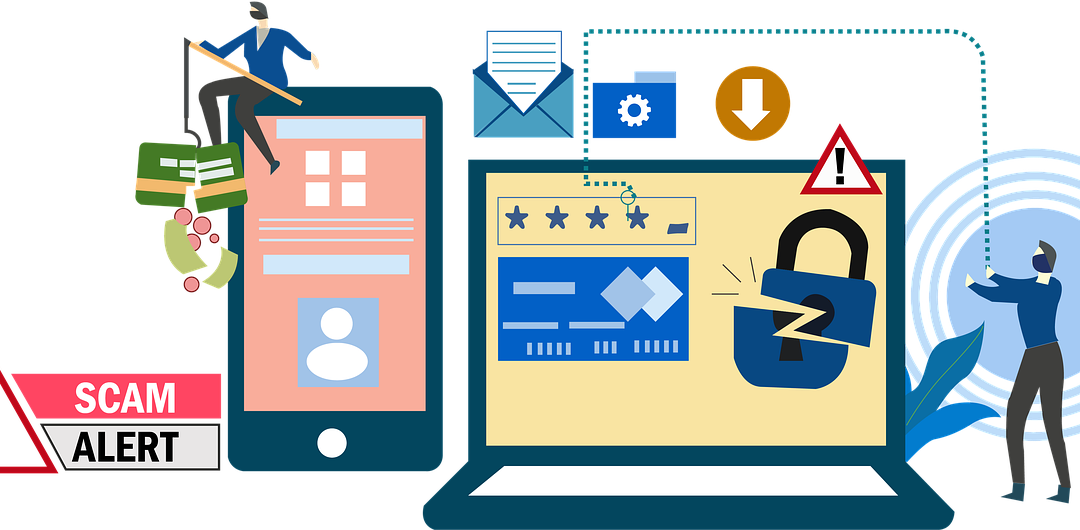Trademark applicants should be aware that some companies send deceptive unsolicited correspondence in an attempt to get applicants to pay for unnecessary services that don’t affect their trademark filing. Being aware of these practices can help applicants avoid falling victim to them.
The United States Patent and Trademark Office (USPTO) is warning trademark applicants that many people have been victimized by these scams. See Caution Scam Alert – USPTO Trademark Information. Essentially, some companies mine the USPTO database for applicant information to send deceptive correspondence that looks official, but can be costly to trademark applicants.
These unsolicited offers may include trademark monitoring services, listing in private registries, and document retrieval services. Generally speaking, these offers and services are unnecessary and have no impact on your trademark filing, despite their official appearance.
These deceptive practices are possible in part because the USPTO collects mailing addresses and email addresses for trademark applicants, and often, this information is publicly available. This is one of several reasons it is generally preferred to file a trademark through a business to prevent having your personal information published.
The USPTO’s reasoning for publishing this information is to provide transparency and ensure that the public is aware of pending trademark applications and their ownership interests. While this practice serves an important public function, unfortunately, it also makes it easier for scammers to obtain and misuse applicant information.
These scams can take many forms, but they often involve a company sending unsolicited letters or emails that look official and may include logos and other details that make them appear legitimate. The goal is to convince trademark applicants to pay for unnecessary services, and the consequences of falling for these scams can be severe.
The most common example that I come across in my practice is WTP-Register. WTP-Register sends letters to trademark applicants that appear to be renewal notices or offers to register the mark in their WTP database. The letters may appear to be from the USPTO, and they request a fee for the renewal or registration. However, WTP is not affiliated with the USPTO, and paying WTP will have no effect on your trademark application. WTP is simply hoping that trademark applicants will not read the letter carefully and will pay the requested fee.
To protect yourself from falling victim to these deceptive practices, it’s important to keep a few points in mind:
- Be cautious of unsolicited letters or emails related to trademark registration or renewal. If you receive a letter or email that seems suspicious or is from an unfamiliar source, do not respond to it.
- Verify the legitimacy of the company or service provider before making any payments or providing personal information. You can check the company’s website, read reviews, and look for any other information that may indicate that the company is legitimate.
- Check to see if the correspondence is coming from a reputable source, such as the United States Patent and Trademark Office (USPTO) or your own attorney. If the correspondence is not from a known and trusted source, it may be a scam.
- If you are unsure about the legitimacy of a correspondence, forward it to your attorney for review and advice. Your attorney can help you determine whether the correspondence is legitimate and advise you on the best course of action.
Always be cautious when it comes to unsolicited correspondence and do not provide any personal information or payment without verifying the legitimacy of the source.
When in doubt, don’t hesitate to send any unusual correspondence to your attorney for review.
Citations
Caution Scam Alert – USPTO Trademark Information page.
About the Author

Scott Seeley
Scott is an intellectual property lawyer and registered patent attorney. Scott’s intellectual property practice includes patent prosecution, trademark registration, and post-grant proceedings before the Patent Trial and Appeal Board, such as inter partes review. Scott has extensive experience preparing infringement opinions and conducting validity analyses of competitor portfolios.
Do you have questions about Intellectual Property, Patent Prosecution, or Trademarks? Review some of our services here.
